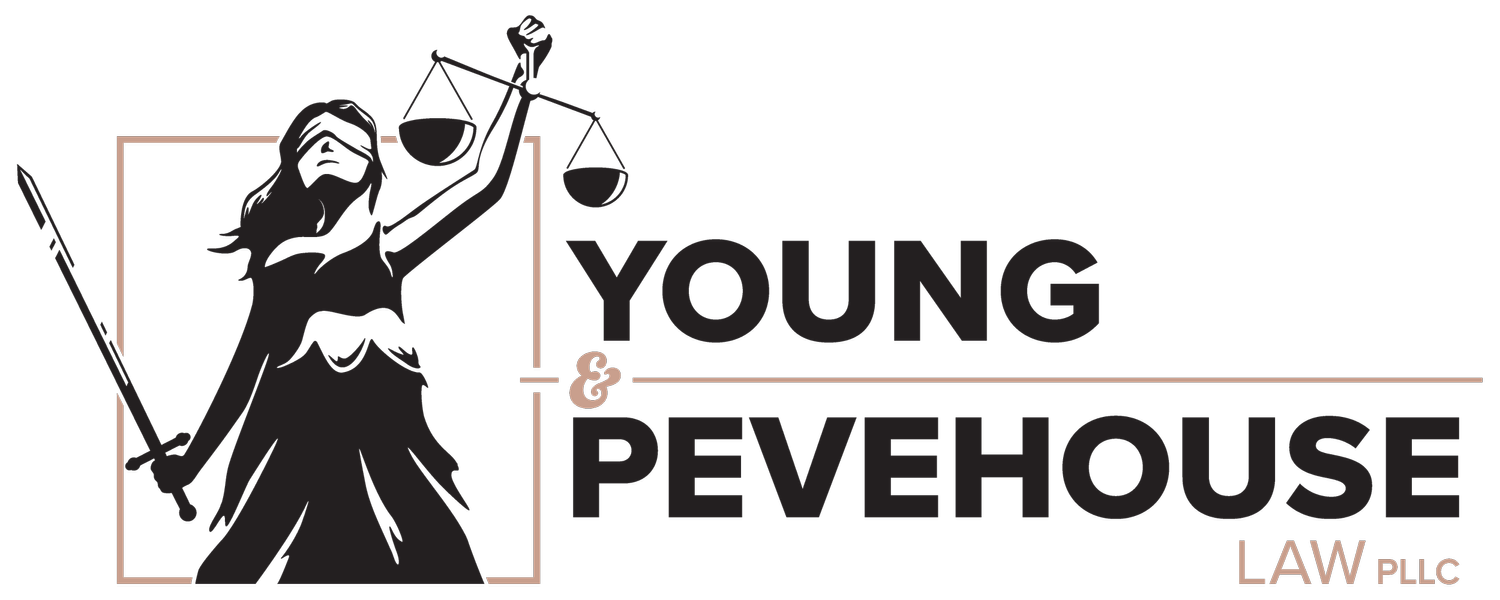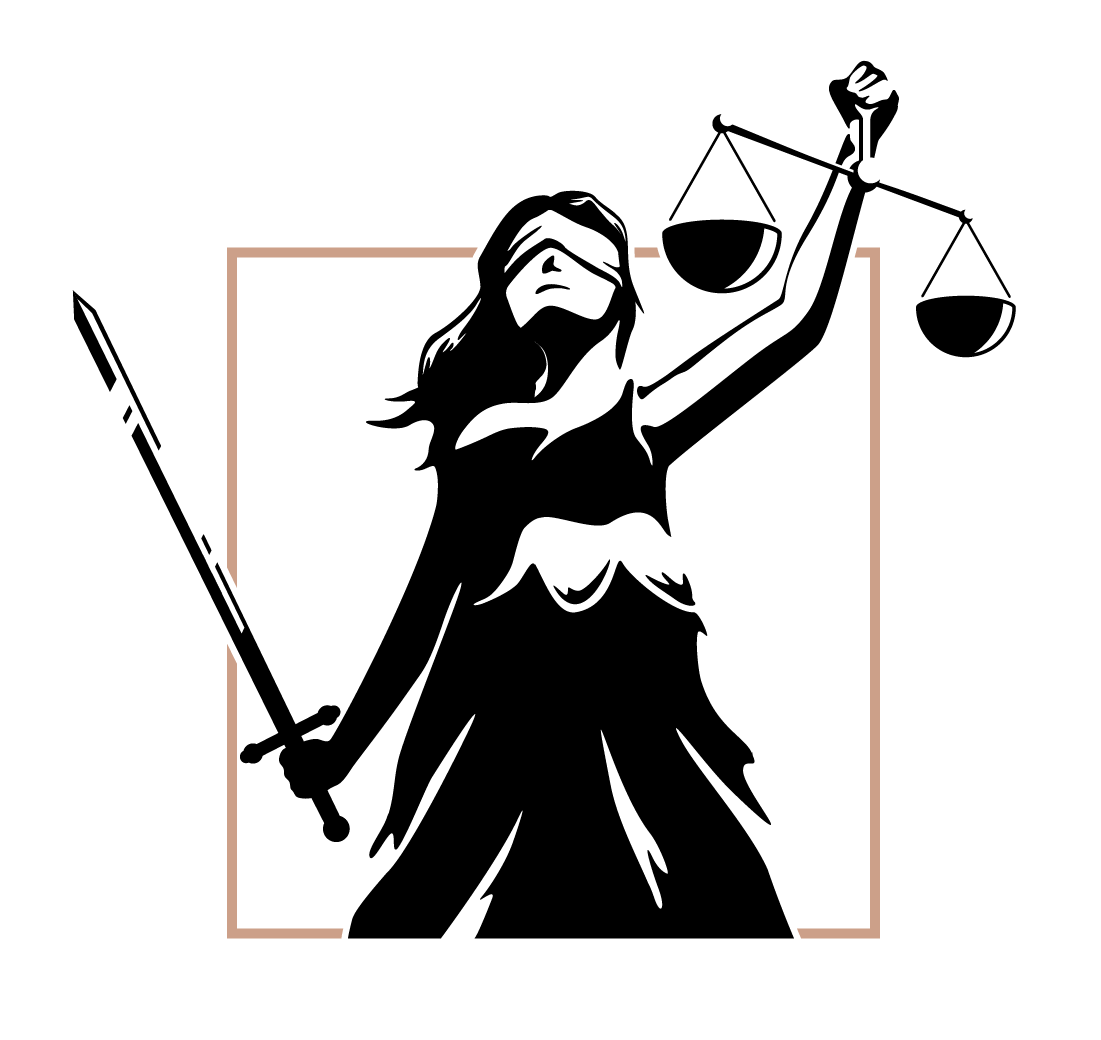Understanding Your Rights in Legal Disputes
When faced with legal disputes, understanding your rights is crucial to ensuring fair treatment and achieving a favorable outcome. Whether you're dealing with personal or business-related conflicts, knowing your rights empowers you to take informed actions and seek appropriate remedies. Here’s an in-depth look at your legal rights in various types of disputes and how to protect them.
Personal Legal Disputes
Family Law:
Divorce: In a divorce, you have the right to equitable distribution of marital assets, fair spousal support arrangements, and legal representation. Courts consider factors like length of marriage, contributions to marital assets, and future needs.
Child Custody and Support: You have the right to seek custody or visitation arrangements that serve the best interests of your child. This includes the right to present evidence and arguments in court, ensuring your child's needs are met. You also have the right to receive or pay fair child support based on state guidelines.
Domestic Violence: Victims of domestic violence have the right to seek protection through restraining orders or protective orders. These legal measures can prevent further abuse and provide safety for you and your family.
Personal Injury:
Accident Claims: If you've been injured due to someone else's negligence, you have the right to seek compensation for medical expenses, lost wages, pain and suffering, and other related costs. This includes the right to file a claim or lawsuit against the responsible party.
Product Liability: You have the right to hold manufacturers, distributors, or retailers accountable for injuries caused by defective products. This includes the right to seek damages for harm resulting from design defects, manufacturing defects, or inadequate warnings.
Medical Malpractice: If you've suffered harm due to medical negligence, you have the right to pursue a malpractice claim. This includes the right to seek compensation for additional medical costs, lost income, and pain and suffering.
Civil Matters:
Property Disputes: In cases involving property, such as boundary disputes or landlord-tenant issues, you have the right to seek legal resolution through negotiations, mediation, or court actions. You are entitled to a fair hearing and the enforcement of property rights as defined by law.
Consumer Protection: You have the right to protection against unfair business practices, fraud, and defective products. This includes the right to file complaints with consumer protection agencies or take legal action to seek remedies and compensation.
Defamation: If someone makes false statements that harm your reputation, you have the right to seek legal recourse through defamation claims. This includes the right to prove the falsehood of the statements and seek damages for harm caused to your reputation.
Business Legal Disputes
Contract Disputes:
Enforcement: You have the right to enforce valid contracts and seek remedies if the other party breaches the agreement. This includes the right to damages, specific performance, or cancellation of the contract.
Fair Terms: Contracts must have fair and reasonable terms. If a contract is deemed unconscionable or one-sided, you have the right to challenge its enforceability in court.
Employment Issues:
Fair Treatment: Employees have the right to fair treatment in the workplace, including protection against discrimination, harassment, and wrongful termination. This is governed by laws such as the Civil Rights Act, the Americans with Disabilities Act, and the Age Discrimination in Employment Act.
Safe Working Conditions: The Occupational Safety and Health Administration (OSHA) guarantees your right to a safe and healthy work environment. You have the right to report unsafe conditions without fear of retaliation.
Wages and Hours: The Fair Labor Standards Act (FLSA) ensures your right to fair wages, including minimum wage and overtime pay. You also have the right to receive accurate and timely payment for work performed.
Intellectual Property:
Protection: You have the right to protect your intellectual property, including trademarks, patents, and copyrights. This prevents unauthorized use, reproduction, or exploitation of your creations.
Enforcement: If your intellectual property rights are infringed, you have the right to seek legal remedies, such as injunctions, damages, or settlements, to enforce your rights and prevent further infringement.
Navigating Legal Disputes
Seek Legal Advice:
Consultation: When faced with a legal dispute, it's essential to consult with a lawyer to understand your rights, legal options, and the best course of action. A lawyer can provide tailored advice based on the specifics of your case.
Representation: Having legal representation ensures your rights are protected throughout the dispute resolution process. A lawyer can advocate for your interests, negotiate settlements, and represent you in court if necessary.
Gather Evidence:
Documentation: Collect relevant documents, correspondence, and other evidence to support your case. This includes contracts, emails, photographs, medical records, and witness statements.
Preservation: Ensure that all evidence is preserved and not tampered with or destroyed. This is crucial for building a strong case and proving your claims.
Alternative Dispute Resolution:
Mediation: Consider mediation as an alternative to litigation. Mediation involves a neutral third party who helps the disputing parties reach a mutually acceptable agreement. It’s often quicker and less adversarial than going to court.
Arbitration: Arbitration is another alternative where a neutral arbitrator hears both sides and makes a binding decision. It’s less formal than court and can be more cost-effective.
Understand the Legal Process:
Court Procedures: Familiarize yourself with the procedures and timelines involved in filing a lawsuit or defending against one. Understanding the process helps you prepare adequately and avoid missing critical deadlines.
Legal Terminology: Learn key legal terms and concepts relevant to your dispute. This helps you communicate effectively with your lawyer and understand the proceedings.
Understanding your legal rights is fundamental to navigating disputes effectively. Whether dealing with personal or business conflicts, being informed about your rights empowers you to make strategic decisions, seek appropriate remedies, and ensure fair treatment. Always consult with a lawyer to get personalized advice and representation tailored to your specific situation.

